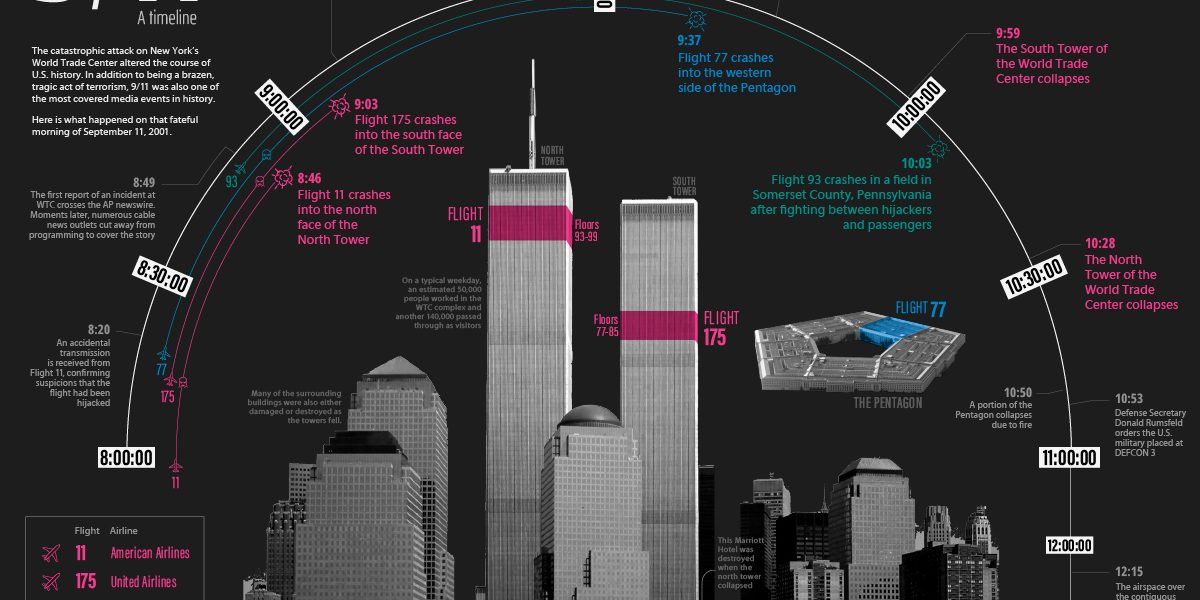A Turning Point in American History
September 11th marks the anniversary of the deadliest terroirst attack in human history. It forever changed the lives of not only the families of the 2,977 victims killed at the hands of terrorists, but the millions of people that ave felt the effects of these tragic events. 22 years later, the aftermath of 9/11 continues to feature a complex relationship between nationa security and personal freedoms that affects the lives and liberties of individuals in America.
Introduction
The events of September 11, 2001, marked a turning point in American history, not only in terms of national security but also in the realm of social justice. The aftermath of 9/11 has had a profound and lasting impact on various aspects of American society, including civil liberties, discrimination, and the treatment of minority communities. In this article, we will explore the ways in which 9/11 continues to influence social justice in the United States.
Erosion of Civil Liberties
In the wake of the 9/11 attacks, the U.S. government enacted several laws and policies aimed at enhancing national security. One of the most significant was the USA PATRIOT Act, which granted law enforcement agencies broader surveillance powers and the ability to access personal data without a warrant. While these measures were initially implemented to prevent future terrorist attacks, they raised concerns about the erosion of civil liberties and the potential for government overreach.
The impact on social justice: The increased surveillance and erosion of privacy disproportionately affected marginalized communities, particularly Muslim Americans and individuals of Middle Eastern descent. They were subjected to heightened scrutiny, racial profiling, and unjustified detentions, leading to a sense of alienation and injustice.
Islamophobia and Racial Profiling
The 9/11 attacks fueled a wave of anti-Muslim sentiment and xenophobia in the United States. Muslims and people who were perceived as Muslim became the targets of hate crimes and discrimination. Racial profiling, both by law enforcement and the general public, became prevalent, exacerbating the existing racial disparities in the criminal justice system.
The impact on social justice: The ongoing Islamophobia and racial profiling have perpetuated systemic racism and discrimination. Muslim communities have faced higher rates of unemployment, hate crimes, and educational disparities, all of which are indicative of the enduring impact of 9/11 on social justice.
Immigration Policies and Deportations
In the aftermath of 9/11, the U.S. government implemented stricter immigration policies and initiated mass deportations of individuals deemed threats to national security. The USA PATRIOT Act gave authorities greater authority to detain and deport non-citizens, leading to the deportation of thousands of individuals, including those who had lived in the U.S. for years.
The impact on social justice: Families were torn apart, and communities were destabilized, particularly within immigrant populations. The fear of deportation has had a chilling effect on immigrant communities, discouraging them from accessing essential services and engaging with law enforcement when they are victims of crime.
Surveillance State and Civil Disobedience
The post-9/11 era witnessed the growth of a surveillance state, with government agencies collecting vast amounts of data on citizens. This climate of surveillance has had a chilling effect on political activism and civil disobedience, as individuals and organizations fear government scrutiny and potential retaliation.
The impact on social justice: The suppression of civil disobedience and protest hampers the ability of marginalized communities to advocate for their rights. It also undermines the fundamental principles of democracy, such as the right to free speech and assembly.
Conclusion
The impact of 9/11 on social justice in the United States is complex and multifaceted. While the attacks led to measures aimed at enhancing national security, they also eroded civil liberties, perpetuated discrimination, and exacerbated existing inequalities. It is essential for society to continue addressing these issues and working towards a more just and inclusive America, one that upholds both security and individual rights. The legacy of 9/11 reminds us of the importance of striking a balance between protecting the nation and safeguarding the principles of social justice and equality.



